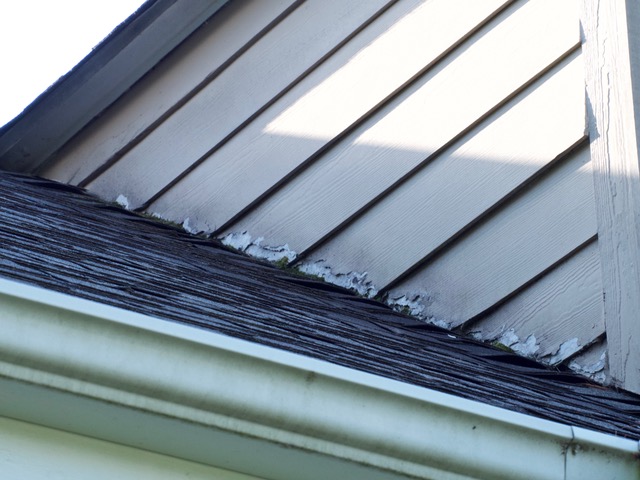
Can a home fail an inspection? Home inspectors hear this question from time to time. The answer is no, but it’s never that simple. Home inspections are not like school exams. There is no failing grade. It’s more like calling in a “doctor” to give your home a physical exam. The inspector will perform a visual examination of the home’s general condition. He or she will focus on specific elements to identify what might need crucial repair or replacement. These elements typically include heating/air conditioning, plumbing, electrical system, roof, walls, ceilings, floors, windows and doors, basement, foundation, attic, insulation, and structure.
In a home inspection, the pass/fail perceptions are based upon the buyer’s expectations. Seasoned real estate brokers know this and prepare their clients for the likelihood that inspectors will always find some defects. Depending upon the severity of the defects, buyers can choose to accept the home “as is” or begin negotiating for repairs or for a price reduction.
The bottom line: buyers generally will accept some minor defects. It’s the unexpected, big-ticket items, such as roof replacement, foundation damage, mold, or termite damage, that might turn out to be deal breakers. Let’s take a closer look.
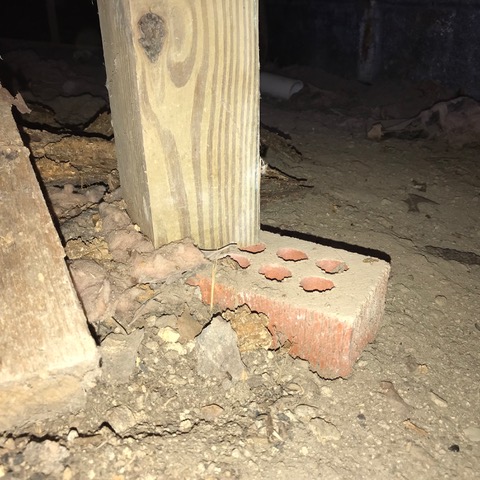
Hiding something?
Major issues of which the seller is aware, such as termites or structural damage, must be reported to the potential buyer. If it is an expensive repair, the two parties can negotiate for a solution. However, nothing puts the brakes on a deal faster than if the buyer suspects that the seller is hiding something.
Here’s an example. An inspector entered a closet and found a soft, spongy area under the carpet. Stepping down firmly, he could feel the floor sagging underneath. “What happened here?” he asked. “Oh, that,” the homeowner replied. “I forgot about that. The closet is next to the bathroom. That happened when a pipe burst and water came through the floorboards.” With that discovery, the potential buyer wanted out of the deal. If the seller was hiding something like that, then what else could he be trying to hide? If the seller had disclosed the previous flood damage, perhaps they could have checked further to see if the cost of repairs was negotiable. Since he did not disclose, the buyer decided the seller was not acting in good faith. So it wasn’t that the home “failed” inspection. It was the seller’s omission that killed the deal.
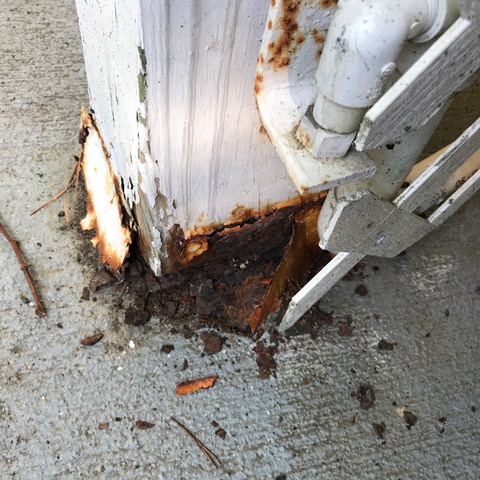
Great Expectations
The other side of the coin is when first-time home buyers are not schooled by their realtors that no home is perfect. They have unrealistic expectations. Under the false assumption that they have found the “perfect house,” they are flabbergasted when the inspector hands them a short list of minor problems. Their first question is, “The sellers will fix everything, right?” Wrong!
Here’s a rule of thumb: If there are simple fixes that need to be made, and if your everyday handyman can make those fixes, just grin and bear it. For example, the inspection reveals a cracked switch plate in the kitchen, or one electrical outlet is not functioning. As long as the inspector gives a good report on the home’s electrical system, don’t let a single outlet be a deal breaker, especially if you’re trying to buy a home in a hot sellers’ market, such as Asheville. Also, one buyer’s deal breaker can be another buyer’s opportunity. For example, an inspector reports problems with the supporting structure of a carport. One buyer might consider that too expensive or time-consuming to tackle. However, another buyer might be a carpenter who would fix the problem on his own. This is just one of many reasons that home inspectors don’t advise customers on whether they should buy or walk away. Instead, he or she gathers all available data so their customers can make an educated decision that is right for them.
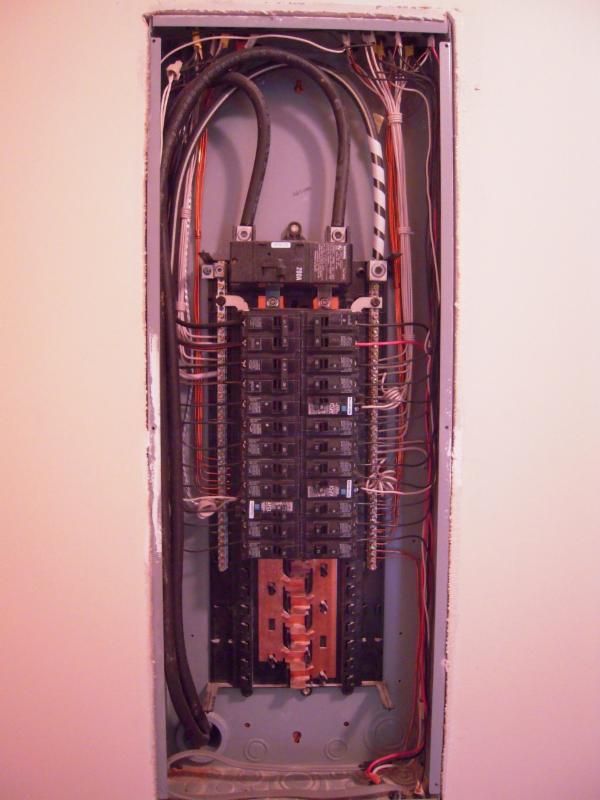
What repairs are required?
Some repairs must be done before lenders will release funds to a homebuyer. These generally involve structural defects and safety issues. For example, if an inspector finds a home’s electrical panel to be an electrocution hazard, the seller would be required to correct it.
Another example would be if an inspector found a do-it-yourself, unpermitted second story deck on a house that was not supported properly or safely, the it would fall upon the seller to repair it and bring it up to code requirements.
Beyond that, not much else is required. Although all things are negotiable, cosmetic issues and normal wear and tear are not considered the responsibility of sellers. Here’s where some common sense must prevail. Let’s say you’re selling a house with threadbare shag carpet left over from the 70s. You may not be required to replace it, but if you’re looking to get top dollar for your home, the cost of new carpet is a good investment.
As mentioned earlier, the mood of the market may dictate what a seller is willing to accommodate to make the sale. In a really hot seller’s market, you’ll have to be flexible. If ten other offers are waiting just behind yours, you can’t expect to be too fussy.
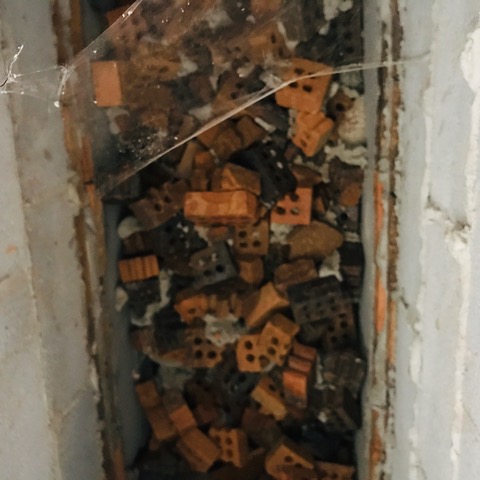
Here’s what a home inspection is NOT
Don’t expect a home inspection to be an appraisal to determine local market value. Nor is it a review of code compliance. You can’t expect home inspectors to check any inaccessible areas of the home, such as the chimney flue, nor can you ask an inspector to do any invasive or destructive testing, such as peeling back a home’s siding to see what’s underneath. The inspection report is a visual assessment of the home’s vital systems and general condition. It is intended to give you the information you need to make an informed decision on whether to buy or walk away.
Finally, a home inspection is not a guarantee that the home’s systems and major components won’t fail or require repair sometime in the future. So, can a home fail an inspection? No, but an inspection by a qualified professional can give you peace of mind before you commit to buying that home.
Call Peter Young Home Inspections
Sellers can avoid unpleasant surprises by having a pre-listing inspection, and buyers can find peace of mind by knowing what they are getting before signing a contract. Call Asheville Home Inspector Peter Young, 828-808-4980, or click the link below to make an appointment today.